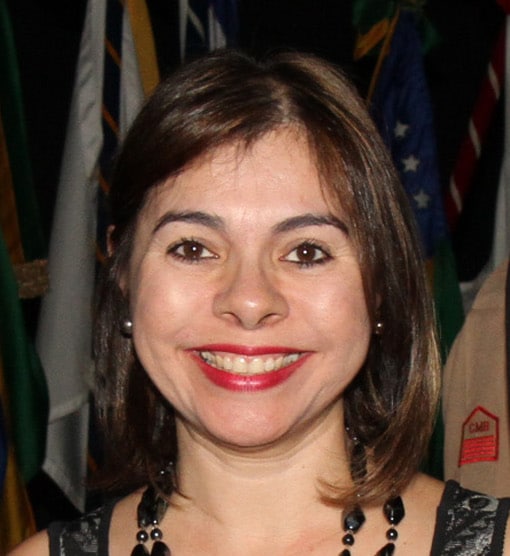Do you speak Brazlish?
In 1985, Braj Kachru published a book called ‘Standards, Codification and Sociolinguistic Realism: The English Language in the Outer Circle’.
In it, he placed the world’s Englishes into one of three concentric circles: the inner circle, which is composed of those countries where English is the first, or dominant, language; the outer circle, represented by those nations where English, although not the mother tongue, has played an important role for a significant period of time; and the expanding circle where English is used as a lingua franca, and is therefore widely studied as a foreign language, such as is the case in Brazil.
The varieties of English which are deemed to reside in both the inner and outer circles have been studied and described extensively. If you google ‘Australian English’, for example, you will find a long list of academic studies and websites which are dedicated to describing the language features which make Aussie English distinct from other varieties. However, the same cannot be said for those Englishes in the expanding circle. Most language experts have recognized the importance of a lingua franca as a means of international communication, and attempts have been made to describe the language features of an emergent global English called ‘Globish’. Having said that, most experts have been reluctant to recognize the features of lingua francas which have emerged in individual countries as distinct varieties of English. Indeed, although linguists have identified the importance of these lingua francas as a means of communication for speakers of different native languages, they have often been dismissed as ‘foreigner talk’ or even, ‘bad simple English’.
The received wisdom still seems to be that unless English is either the mother tongue, or an official language, then it is not even deemed to be worthy of description, let alone being recognized as a distinct variety in its own right.
Admittedly, I have also been guilty of upholding the received wisdom. A couple of years ago I found myself engaged in a correspondence with the powers that be at my son’s bilingual school over the language proficiency of his new teacher. One of my arguments was that although British and Australian Englishes were recognized varieties, Brazilian English was not. Although I didn’t put it into words, what I was in effect doing was dismissing the teacher’s language as ‘foreigner talk’ and delegitimizing the Brazilian English lingua franca.
However, upon reflection, I now realize that my position was far too proscriptive. Just as Kachru’s categorizations are also too proscriptive, in the sense that they are too simplistic and do not take into account the fluidity and complexity of the spread of language, its acquisition and development. This is especially true today as globalization, migration and digitalization blur the boundaries between what Kachru, more than thirty-two years ago, considered to be the inner, outer and expanding Englishes.
As such, I believe that we need to rethink our approach to Englishes used as a lingua francas. This is especially true when we consider that recent research suggests that “some countries in the expanding circle have begun to develop distinctive ways of using English, with the result that the language has an increasingly important functional range in these countries and is also a marker of identity in some contexts” (D.Davies, Varieties of Modern English: An Introduction, 2013). This is more evident in some contexts than others. For example, although we would have to place Euro-English within the expanding circle in Kachru’s model, social, economic and political factors are forcing linguists to regard this lingua franca as a variety in its own right, and therefore worthy of recognition and description. Who is to say that Brazilian, Egyptian and Chinese lingua francas will not also be worthy of recognition and description in the future?
As Andy Kirkpatrick says:
Until we are able to provide teachers and learners with adequate descriptions of lingua franca models, teachers and learners will have to continue to rely on either native speaker or nativized models. We have seen how a native speaker model, while appropriate for a minority of teachers and learners, is inappropriate for the majority for a range of linguistic, cultural and political reasons. A nativized model may be appropriate in outer and in certain expanding circle countries, but this model also carries the disadvantage of cultural inappropriacy when learners require English as a lingua franca to communicate with other non-native speakers”.
(Which Model of English: Native Speaker, Nativized, or Lingua Franca?, 2006)
To put it in a nutshell, I think that it is time linguists, publishers and teachers stop thinking of the English Brazilian lingua franca as foreigner talk, or as a component of an all encompassing global English, and start treating it as an emergent variety in its own right. By doing so, we will be better able to help our students communicate on the world stage.
The question of what Brazlish looks and sounds like requires a great deal of study, but I will be attempting to describe some of the main features in my post next month.




